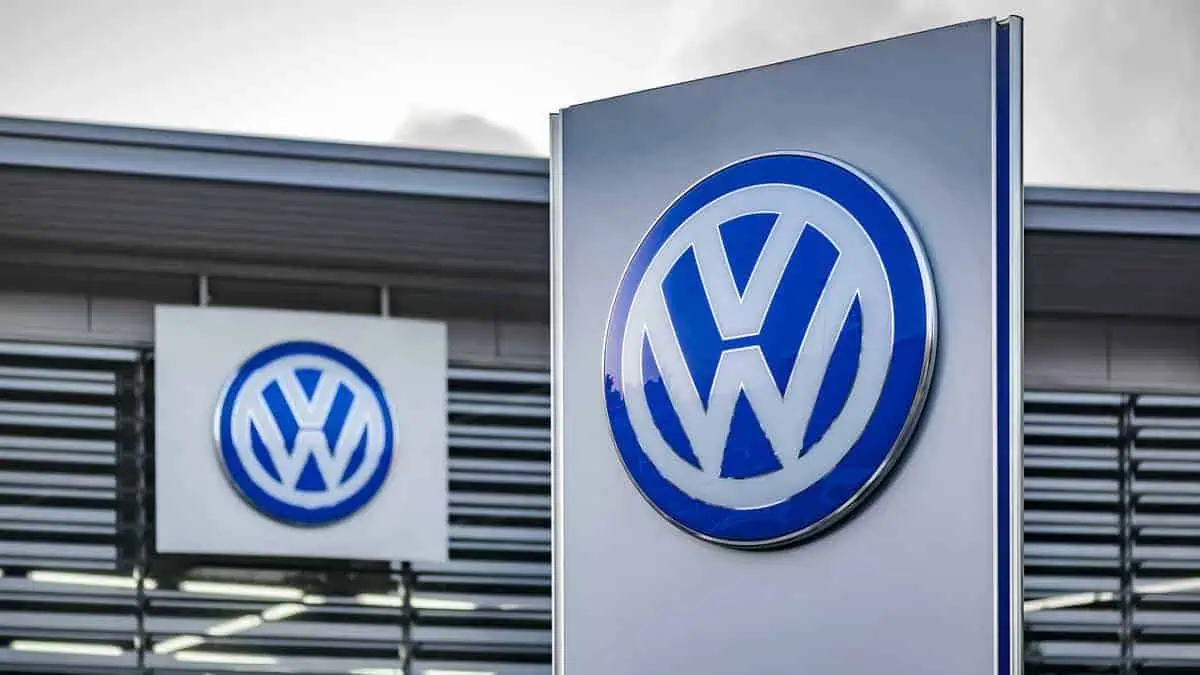MIT spinout and battery developer 24M Technologies has just introduced a new direct-material battery recycling process for electric vehicle batteries and battery energy storage systems (BESS).
SemiSolid li-ion battery design
Volkswagen-backed 24M Technologies claimed to have streamlined li-ion battery production with its innovative design, reducing the materials and steps to manufacture each battery cell.
24M Technologies claims that the “SemiSolid” cell manufacturing process and chemistry-agnostic platform cuts manufacturing costs by up to 40%, boosts energy density, and improves safety and recyclability.
For context, the SemiSolid battery chemistry employs gooey electrodes, eliminating the energy-exhaustive process of drying and solidifying the electrodes in traditional li-ion battery production.
It also enables the company to cut 80% of the inactive materials common in li-ion batteries in the market today, including copper and aluminum.
“Unlike the standard lithium-ion process and product, 24M’s SemiSolid cell manufacturing process and platform give rise to a new class of low-cost, high energy density, extremely safe and reliable lithium-ion cells that accelerate the path to a better energy future.”
24M Technologies indicated in a press release
“Liforever” battery recycling process
24M Technologies also officially revealed the battery recycling process “Liforever” on Monday. It has the potential to advance as a game-changer for electric vehicle batteries and BESS, proposing an innovative way to recycle battery materials like lithium iron phosphate (LFP).
Liforever reportedly paves the way for a more efficient and cost-effective battery recycling process, making it easier for electric automakers and battery makers to ramp up production.
“Better battery recycling is essential for a sustainable energy future, but the use of binders in conventional cell production has made direct recycling impractical. Liforever solves these challenges by enabling the reuse of nearly every part of the battery cell without requiring the expensive, inefficient, and environmentally challenging processes used in conventional cell recycling.”
24M Technologies CEO Naoki Ota
So what?
Conventional li-ion recycling techniques apparently require intensive procedures that tend to be expensive and toxic, which results in e-waste generation known as “black mass.”
The black mass compromises the key battery materials’ structure, making the recycling processes less financially viable, particularly for lower-cost LFP materials. Therefore, companies focus on extracting more expensive materials for reuse.
In response, 24M Technologies’ Liforever maintains the original form of the active materials, ultimately avoiding black mass generation. As a result, this breakthrough enables the company to recycle all active materials, both from anode and cathode.
More impressively, 24M Technologies proudly announced that they developed the Liforever recycling process to adhere to current and future recycling regulations. The SemiSolid process is chemistry agnostic, enabling Liforever to be compatible with next-gen batteries regardless of their chemistry.
All that said, 24M Technologies’ innovations will undoubtedly aid in accelerating the shift to electric vehicles and sustainable energy adoption through BESS.






